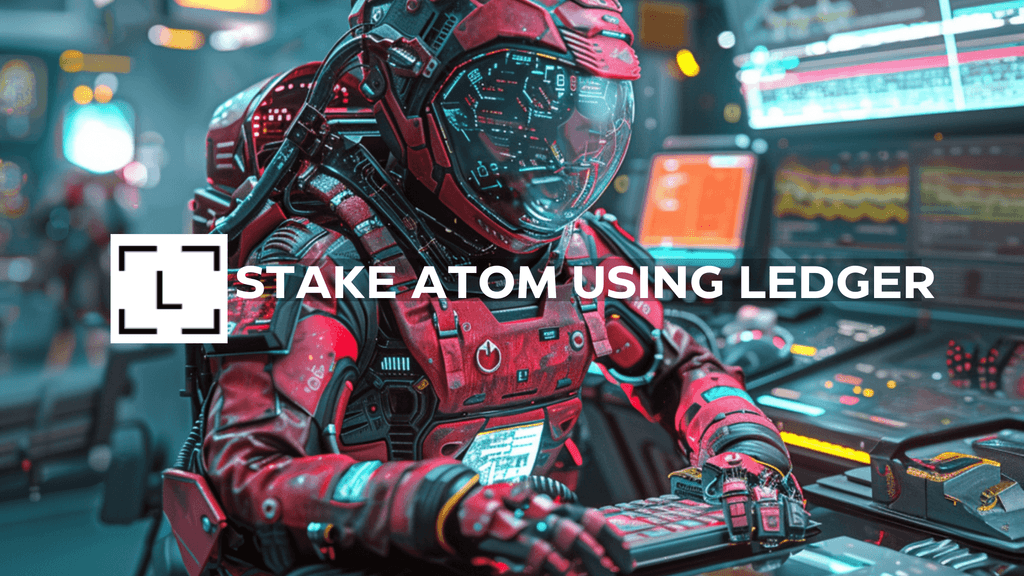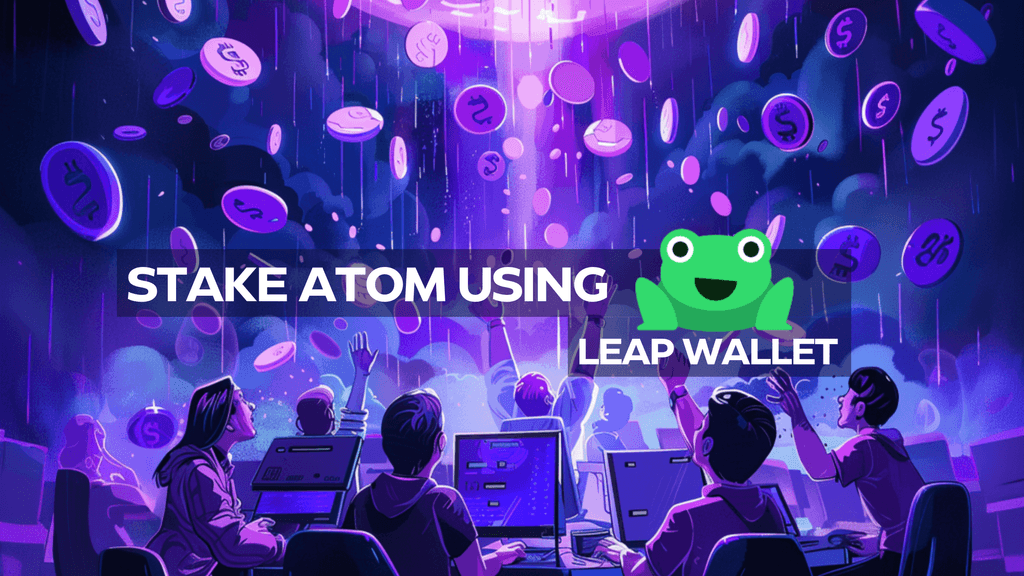The Juno blockchain is the Incubator of the Interchain, built on the principle of decentralization, which means that it is not controlled by any central authority or organization but controlled by the main DAO. Juno values open source development and collaboration, and encourages the community to contribute to and improve the Network.. The Juno team is committed to building a blockchain that is scalable, secure, and user-friendly. Juno will do this with SubDAOs.
Governance
DAOs (Decentralized Autonomous Organizations) are a type of online organization that is run using blockchain technology and smart contracts. Unlike traditional organizations, which are typically managed by a central authority or group of individuals, DAOs are designed to be decentralized and autonomous, with decision-making and governance carried out by the collective actions of their members.
One of the key features of DAOs is that they are built on blockchain technology, which allows for transparent secure record-keeping and decision-making. This is made possible through the use of smart contracts, which are self-executing contracts with the terms of the agreement written directly into lines of code, providing a level of security and transparency that is not possible with traditional paper-based contracts.
This decentralized and transparent governance model has the potential to address many of the challenges that traditional organizations face, such as lack of accountability and transparency. By removing the need for intermediaries, such as lawyers and brokers, DAOs can also increase the efficiency and speed of decision-making.
However, DAOs are not without their challenges. First off due to its decentralized structure, it can be difficult to hold members accountable for their actions. This can make it challenging to resolve disputes or make changes to the organization’s heirarchy. Another challenge facing DAOs is the lack of clear legal frameworks for their operation. Because DAOs are a relatively new technology, there is a lack of clarity around how they should be treated under existing laws and regulations.
Despite these challenges, DAOs have great potential to revolutionize the way organizations are established.
Community
The success of Juno and the overall Interchain ecosystem relies heavily on the involvement and support of its community. The community consists of developers, users, and stakeholders who are the backbone contributor of the network’s development and adoption.
Community plays a crucial role in the success of any blockchain project, and this is especially true for Juno. The goal of Juno is to make it easier for developers to build and deploy their own decentralized applications using interoperable smart contracts.
The community plays a key role in the decision-making process for Juno, as they govern the network by submitting and voting on proposals. This ensures that the decisions made on the Juno Network are in the best interests of the community and the overall health of the network.
The community also serves as a valuable source of feedback and support for developers building on the Juno Network when it comes to bug reporting, improvement suggestions, or overall user experience evaluation.
Developers are at the forefront of the Juno community, as they are shipping and deploying the various applications on the Juno Network. The mutual cooperation between developers and users within the community is key to Juno’s success and growth.
Open Source
Open source is an important element when it comes to Juno, as the codebase of the network is entirely public, which allows for greater transparency to ensure trustworthiness and integrity of the network’s logic.
The use of open source code also allows for greater security within the Juno blockchain. By allowing anyone to view and contribute to the code, potential vulnerabilities can be identified and patched quickly. Moreover, the code can be audited and verified publicly to not contain any malicious loopholes.
Overall, the use of open source code in the Juno blockchain is a key aspect of its design and success.
CosmWasm
CosmWasm is a software development kit for building decentralized applications (dApps) on a Cosmos SDK blockchain. It allows developers to write smart contracts in WebAssembly (Wasm), a portable, low-level programming language that can be executed in a variety of environments.
One of the key advantages of using CosmWasm on the Juno blockchain is its compatibility with the Interchain Standard, which allows dApps built on Juno to easily communicate and interoperate with dApps on other blockchains. This opens up a wide range of possibilities for creating decentralized applications that can function across multiple blockchain networks.
In addition, CosmWasm offers a number of useful features for dApp development, such as a modular architecture for building complex dApps, a secure runtime environment for executing smart contracts, and support for multiple programming languages.
Interoperability
Interoperability is a key concept in the Interchain ecosystem, referred to as the Cosmos.
Via IBC, the blockchains can communicate and exchange data, such as assets, back and forth in a secure seemless channel, which does not include bridging or a middleman component becoming a potential singular point of failure.
It allows for the creation of a truly decentralized ecosystem where dApps on different blockchains can interact and intercommunicate with each other, unlocking the full potential of blockchain technology.
Scalability
Scalability is an important aspect of any blockchain ecosystem, as it determines the ability of a blockchain network to handle a large number of transactions and users without experiencing performance degradation.
The Juno blockchain is designed to be highly scalable with a modular technology architecture, which enables the network to handle a large number of simultaneous transactions and user activity. The same technology structure had been tested during the Terra collapse back in May 2022 where the Terra network had foreseen the most intense activity to yet be witnessed on a blockchain, and the blockchain remained intact processing transactions seemlessly.
Permissionless
A permissionless smart contract network is a decentralized platform that allows anyone to create and execute smart contracts without the need for permission from a central authority.
Permissionless-ness commends decentralization, as the platform becomes available to everyone without deeming permission through a central authority to start building or integrating with the network. This allows Juno to become the incubator of the Interchain, where the network becomes the go-to platform to build and ship ideas on, bootstrapped by a strong community who is eager to the development’s innovation.
This open architecture also makes it difficult for any one entity to censor or control the network, ensuring that the network remains fair and transparent.
Of course, permissionless networks are not without their challenges. Because anyone can freely execute on-chain code, there is a risk of malicious actors attempting to upload exploiting smart contracts to the network. However it is worth mentioning, that even with the permissionless structure and the new technology being used such as CosmWasm, Juno has not encountered any attack which resulted into user loss of funds to date.
As the technology continues to evolve and mature, we can expect to see more developers adopting Juno Network as their building platform.



